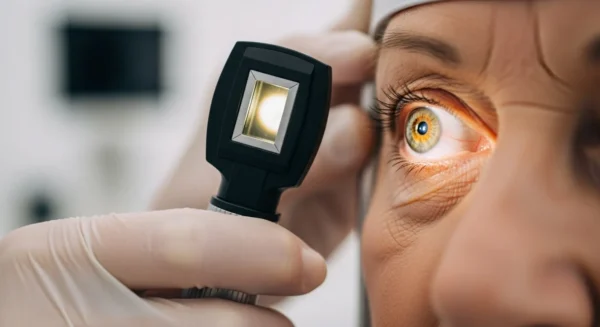
Frequently Asked Questions
1. Are over-the-counter energy supplements or vitamins safe for seniors?
It is essential to be extremely cautious with over-the-counter energy supplements. Many contain high levels of caffeine or other stimulants that can be dangerous for older adults, potentially causing a rapid heart rate, high blood pressure, or anxiety. They can also interfere with prescription medications. You should never take any new supplement without first discussing it with your doctor or pharmacist. They can check for potential drug interactions and may recommend a blood test to see if you have a specific vitamin deficiency (like B12 or iron) that could be safely addressed.
2. How much sleep do adults over 65 really need each night?
Most experts, including those at the National Institute on Aging, recommend that older adults aim for 7 to 8 hours of sleep per night. However, it’s important to focus on the quality of your sleep, not just the quantity. If you sleep for 8 hours but wake up frequently or don’t feel rested, your sleep quality may be poor. If you consistently have trouble sleeping, discuss it with your doctor to rule out underlying issues like sleep apnea or restless legs syndrome.
3. Can my diet truly make a significant difference in my daily energy levels?
Absolutely. Your body converts food directly into the energy it uses for everything from breathing to walking. A diet high in processed foods, sugar, and unhealthy fats can lead to sharp spikes and crashes in blood sugar, leaving you feeling sluggish and tired. In contrast, a balanced diet rich in whole grains, lean proteins, fruits, and vegetables provides a slow, steady release of energy that can keep you feeling vibrant all day long. Think of your body like a car engine—it runs best on clean, high-quality fuel.
4. Does Medicare cover consultations with a nutritionist or dietitian?
This is a great question, as professional dietary advice can be very helpful. Medicare Part B may cover medical nutrition therapy services if you have a diagnosis of diabetes, kidney disease, or have had a kidney transplant within the last 36 months. A doctor must refer you for these services. For other conditions, coverage may vary depending on your specific plan, such as a Medicare Advantage Plan. It’s always best to check directly with your plan provider or visit the official government site for the most accurate information. For insurance and medical coverage questions, refer to Medicare.gov.
Disclaimer: This article is for informational purposes only and does not constitute medical advice. The content is not intended to be a substitute for professional medical advice, diagnosis, or treatment. Always seek the advice of your physician or other qualified health provider with any questions you may have regarding a medical condition.















